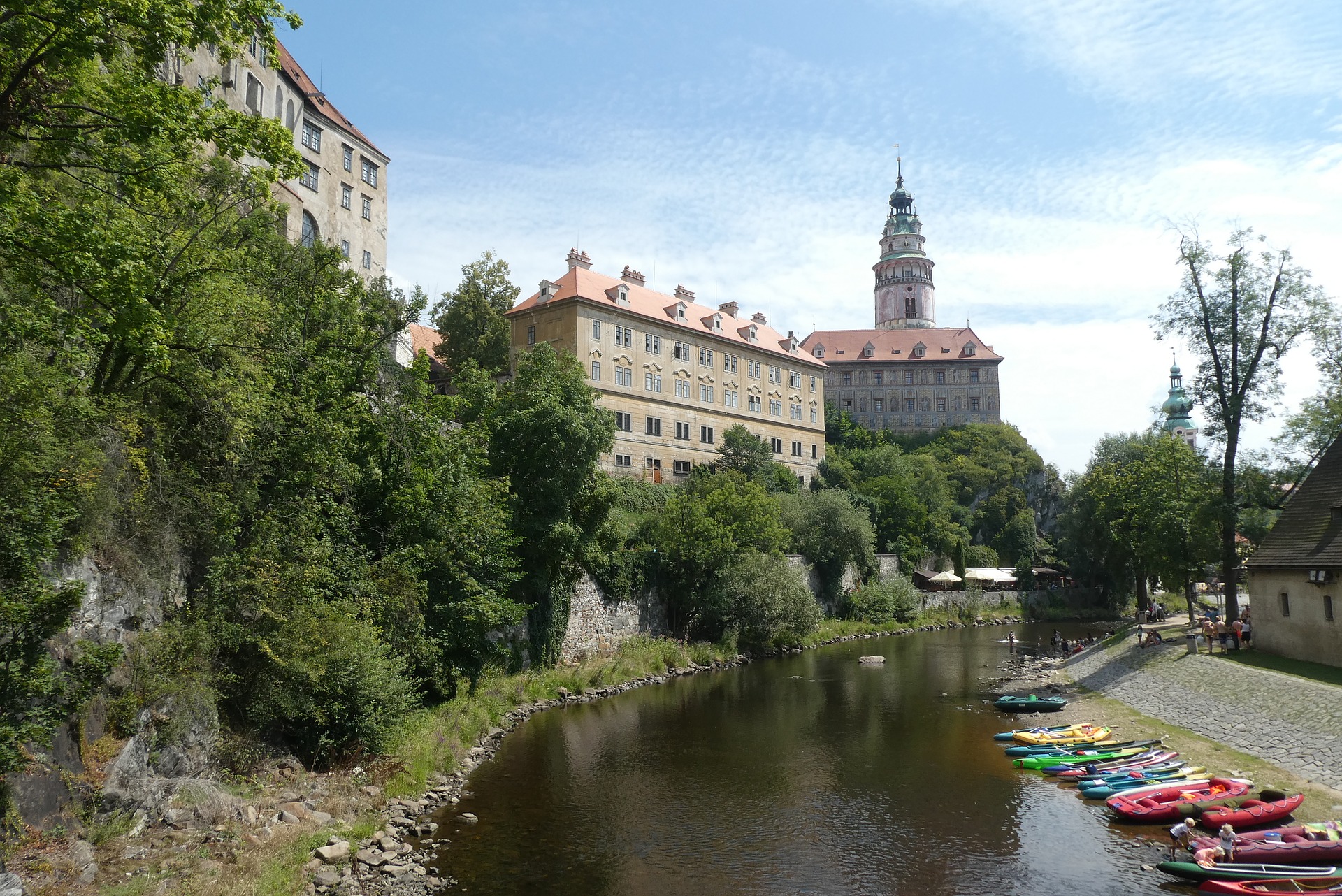
NGOs’ Statement on Protection Measures for Trafficked Persons in Western Europe
This document is a joint statement of non-governmental organisations in five European countries with long-term experience in assisting trafficked persons and advocating for their rights. While keeping in mind differences in national situations regarding trafficking in human beings in our countries, differences in our legal systems and varying success in combating trafficking; we have identified common issues in designing and implementing effective anti trafficking measures in all countries we represent.
For the purpose of this document we use the term trafficking as defined in Article 3 of the United Nations Protocol to Prevent, Suppress and Punish Trafficking in Persons, Especially Women and Children, supplementing the United Nations Convention against Transnational Organized Crime (2000).
Trafficking in persons is widely recognised as a serious and rapidly growing transnational organised crime that brings low risk and high profit to traffickers while causing serious violation of human rights and harm to trafficked persons. International and national interventions are increasingly seeking to respond to this issue. In this paper, as organisations from Western European receiving countries we highlight the need for governments to recognize that to effectively fight trafficking responses need to cover trafficked persons in receiving as well as origin or transit countries, and to adopt policies that protect trafficked persons human rights Increasingly, States have responded to trafficking in line with the Protocol through adopting measures enabling better investigation and prosecution of the crime. The Protocol clearly outlines also the core elements for the support, assistance and protection of victims of trafficking (Articles 6 and 7). These measures include the provision of: residency status, appropriate housing, information and counselling, medical and legal assistance, and employment and training opportunities. However, unlike the criminal provisions in this Protocol, which are binding on State Parties, the human rights provisions are discretionary under the Protocol and State Parties are only obliged to “consider implementing” them “in appropriate cases”. Consequently, when States come to implement the Protocol in national legislation the protection and support components are often diluted or ignored completely.
We are convinced, that any serious attempt to combat trafficking must be multidimensional, including establishment and implementation of minimum standards for protection and support to trafficked persons, which incorporate the measures outlined in the UN Protocol and in the High Commissioner’s Recommended Principles and Guidelines on Human Rights and Human Trafficking. Secondly, we believe that granting the human rights of the victims of trafficking; providing effective and real measures for their protection, assistance and possibilities of social inclusion in the destination countries implies as well more possibilities for the law enforcement agencies and the juridical system to fight against the criminal organisations. Therefore we welcome the intention of OSCE Action Plan to address the problem of THB comprehensively, covering protection of victims, the prevention of THB and the prosecution of those who facilitate or commit the crime, as well as initiatives of the European Union, Council of Europe and Stability Pact.
Read more here.
